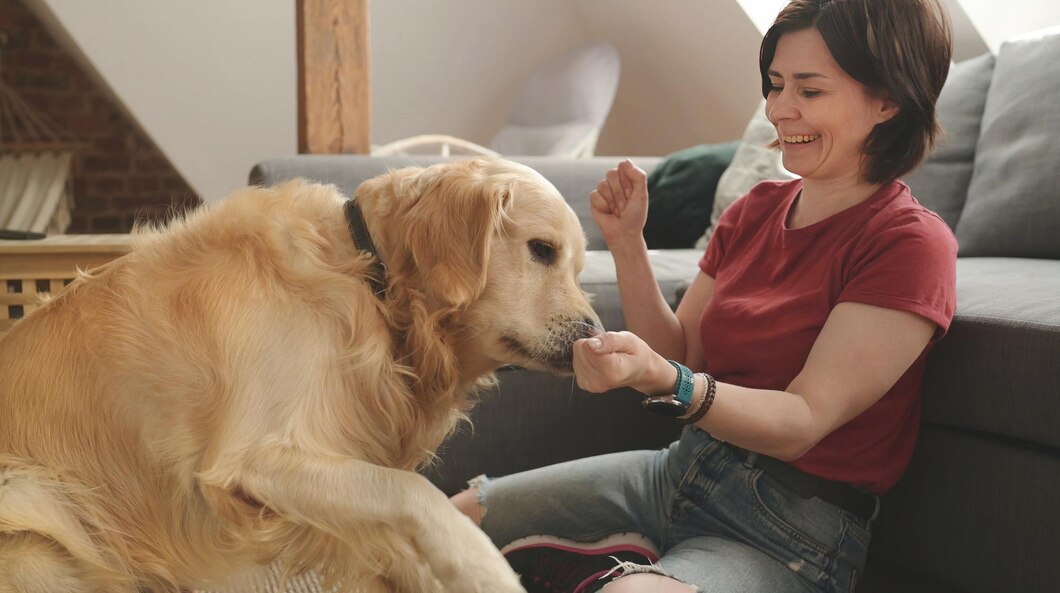FAQs
-
How does pet therapy contribute to a holistic approach to addiction recovery? Pet therapy complements traditional treatment by addressing emotional, psychological, and physical well-being, offering a holistic approach to addiction recovery.
-
What are the emotional benefits of having a pet during addiction recovery? Pets provide unconditional love, companionship, and a sense of purpose, reducing feelings of loneliness and isolation often experienced in recovery.
-
Can pet therapy help reduce stress and anxiety in addiction recovery? Yes, interacting with pets lowers cortisol levels, promoting relaxation and reducing anxiety, which are common challenges in addiction recovery.
-
How does pet therapy improve mood and motivation in recovery? The unconditional love of a pet can boost mood, increase self-esteem, and provide a sense of responsibility, fostering motivation to maintain sobriety.
-
Can pet therapy help develop social skills in addiction recovery? Caring for a pet can encourage social interaction, build empathy, and improve communication skills, essential for rebuilding relationships in recovery.
-
How does pet therapy aid in relapse prevention? Pets provide a consistent source of support and companionship, reducing the likelihood of isolation and boredom, which are common triggers for relapse.
-
What are the challenges of bringing a pet into a rehab facility? Rehab facilities must ensure a safe and hygienic environment for both patients and pets. Careful planning and coordination are necessary to accommodate pet care.
-
How can I choose the right pet for addiction recovery? Consider your lifestyle, living situation, and personality when selecting a pet. Research different breeds and temperaments to find the best match.
-
Are there specific breeds of animals that are particularly beneficial for addiction recovery? While any pet can provide companionship, some breeds, like dogs known for their calm demeanor, may be especially suited for therapeutic purposes.
-
How can I incorporate pet therapy into my daily recovery routine? Spend quality time with your pet, engage in activities together, and create a comfortable space for your pet at home. Consider joining pet-friendly support groups or therapy sessions.

